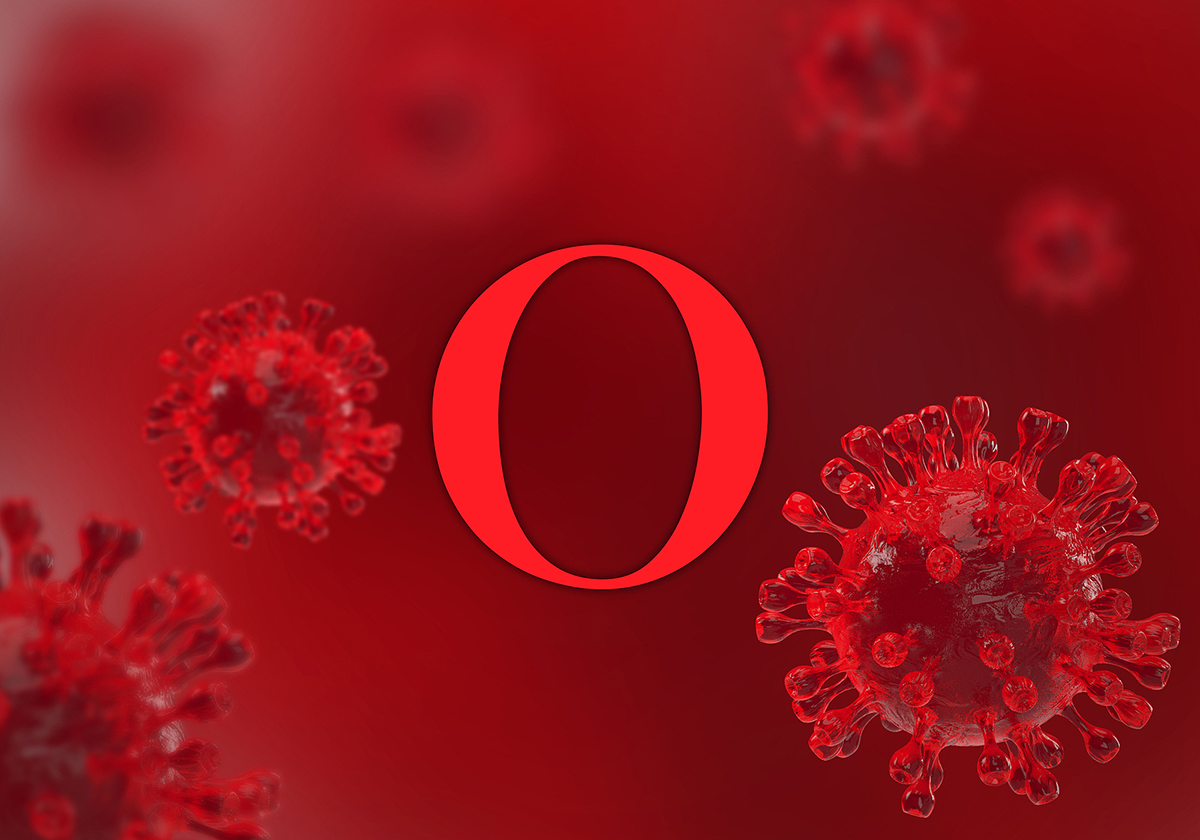Ioannis Tirkides*
We are not certain how the Omicron variant will play out, but anecdotal and other evidence, so far, points to distinct directions. The Omicron variant is much more transmissible than the Delta variant, even for people already infected; it is less severe in its symptoms; and two doses of vaccine are not enough for strong protection. Herd immunity at global scale, will be difficult to achieve for particular reasons, and the virus will continue to mutate harbouring risks. Longer term, the struggle against viruses will continue and we need to learn the lessons of the recent episode. To guard against future pandemics, which are inevitable, we will need a global framework with better coordination, better funding, and better preparedness. We discuss these and more here.
A virus is characterised by its transmissibility, severity, and mitigation. Based on available data, primarily from South Africa and the United Kingdom, and also from scientists’ assessments, Omicron is significantly more transmissible than the already highly contagious Delta. The basic reproductive rate, which is the number of people that one infected individual is expected to infect, is considerably higher. The reproductive rate which may vary in different places, is about six for the Delta variant, and that of Omicron about twelve, according to studies available online.
Severity can be measured in different ways, including hospitalisations as a proportion of those infected, or the length of stay once hospitalised. On both these counts the Omicron variant appears to be milder, resulting in proportionally fewer hospitalisations and shorter hospital stay. Medical research has also shown that Omicron is not attaching to lower lung tissue, as much as previous variants did, and causes more of an upper respiratory infection, similar to influenza.
According to a Pfizer and BioNTech update based on laboratory studies, three doses of the Covid-19 vaccine are needed to adequately protect against Omicron. Two doses show significantly reduced protection. We also need better mitigation practices like better ventilation of closed areas and better masks, and also more work from home where that is possible.
With all the above true, we can draw conclusions. First, the higher transmissibility of Omicron, means it will quickly displace the Delta variant to become dominant, which may already be the case in many places. For mitigation, a third dose of a vaccine will need to be strongly promoted to slow down infection, the faster this happens the better. Finally, if the Omicron variant is indeed milder in its effects, then as it becomes the dominant variant, a very high percentage of the population will become immune from either vaccination or infection, and the epidemic will begin to become endemic, meaning like a normal influenza.
This is a probable scenario where the economic impact will be less severe in 2022, and perhaps the outlook for growth and inflation will even improve. Governments can maintain their accommodative stance in fiscal policies and central banks will continue with their planned gradual removal of quantitative easing and proceed with further tightening measures, as might be warranted. If the actual scenario proves more adverse, and Omicron becomes more severe , the outlook could be vastly different and economic disruption will be more widespread.
Regardless of how Omicron plays out, humanity’s struggle with viruses will continue. There is no room for complacency, and we cannot assume that all viruses will evolve toward milder variants and thus less harmful as they adapt to the human population. Some viruses may do that, others may not.
We need to look deeper into this pandemic episode and heed the lessons.
The Covid-19 pandemic has taken too long and has killed people unnecessarily. Except for the speedy development of effective vaccines, everything else about the management of the pandemic crisis has not gone well.
The initial responses to the Covid outbreaks were ad hoc and uncoordinated. Countries were responding differently and at different speeds. Some were in denial. Many leaders downplayed the crisis altogether, including Donald Trump in the United States, Boris Johnson in the UK, and Jair Bolsonaro in Brazil. That was counterproductive for a pandemic that was global. China was not forthright in sharing information about the scale of the pandemic at the very start. The doctor who sounded the alarm was jailed and finally died of Covid. International travel in and out of Wuhan, the epicentre of the epidemic, was allowed long after the initial outbreak.
Successful vaccination programmes should be speedy, mass-based and targeted to where the infection rates are highest, to protect those most at risk of contracting the virus and to reduce potential transmission. In reality, the deployment of vaccines was slow at the beginning, hampered by logistical problems and misinformation.
As much as the creation of the vaccines and their production was a success, their distribution was not. Rich countries including the Unites States and the European Union, rushed to safeguard their own supplies often buying many times the numbers they needed. Poorer countries could not access vaccines nor were they able to fund their purchase. The result was a very uneven distribution of vaccines across countries.
Global herd immunity, which is required to end the pandemic, is almost impossible to achieve. Access to vaccines is low for many countries, and where vaccines are widely available, in the advanced countries, vaccine hesitancy is significant and vaccine rates across whole populations are only about 50 to 60 percent. This is low, especially for highly transmissive variants like the Delta and the Omicron. In such conditions, the virus will continue to spread and mutate and the longer it lasts, the greater the risks that remain.
In conclusion, the proven characteristics of the Omicron variant provides a favourable outlook short-erm. But low vaccine rates harbour risks. Global herd immunity is almost impossible, and Omicron will not be the last variant. We need to prepare for the next virus. And for that we will need a better global response framework, more international coordination, more vaccines distributed more widely, more anti-viral drugs and more equitable access to healthcare systems. We need a better educated citizenry on virus matters, more international funding, and maybe also a better understanding of our interactions with our environment, our wild ecosystems.
*Ioannis Tirkides is Economic Research Manager at Bank of Cyprus and President of the Cyprus Economic Society. Views expressed are strictly personal.




